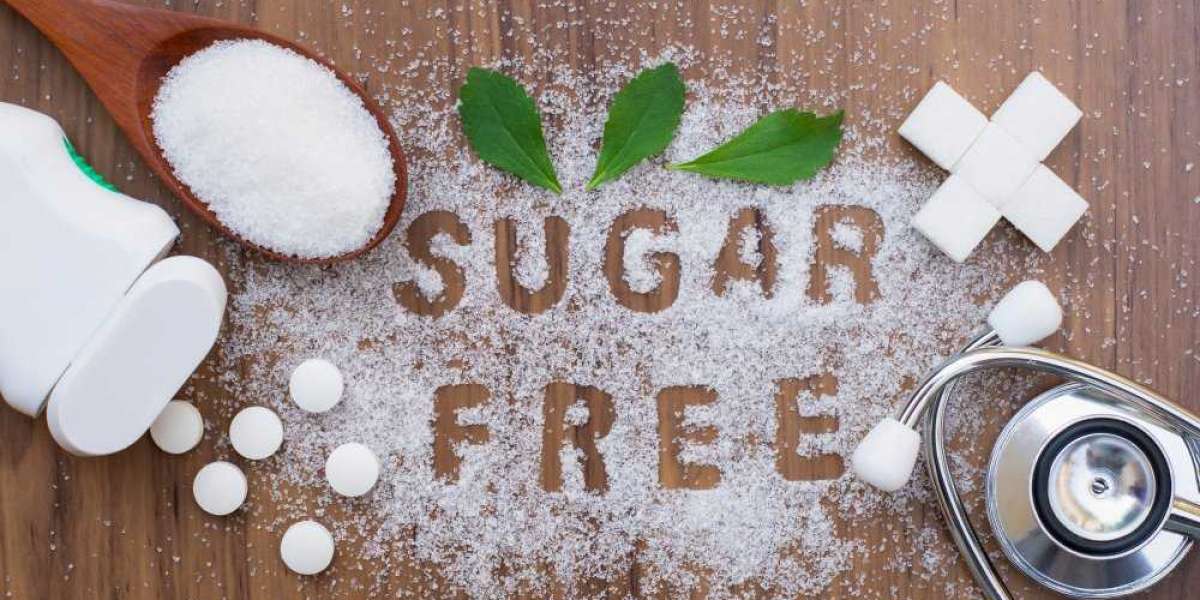Are sugar-free alternatives really harmless to the body? A new study released in the International Journal of Molecular Sciences reports sugar substitutes such as aspartame, saccharin, and sucralose as being responsible for inducing two strains of intestinal bacteria E. coli (Escherichia coli) and E. faecalis (Enterococcus faecalis) to become pathogenic or even cause diseases.
A UK team of researchers from East Anglia Ruskin is the first to expose artificial sweeteners’ pathogenic potential to turn healthy gut bacteria into harmful microbes able to cause severe health conditions such as blood poisoning.
Previous studies had already shown that artificial sweeteners in packaged food and drinks adversely affect the type and the number of bacteria present in the intestine.
However, this study reveals that pathogenic bacteria can attach, invade, and eventually kill essential epithelial cells of the intestinal lining Caco-2.
Increased resistance to antibiotics
Interestingly, bacteria such as E. faecalis can enter the bloodstream through the gut wall and lead to sepsis, which is a life-threatening condition caused by blood poisoning (also known as septicaemia). A microbial accumulation can also be detected in the liver, spleen, and even lymph nodes, resulting in a number of infections.
According to the study, a significant adhesion of E. coli and E. faecalis to intestinal cells Caco-2 was already induced by the three mentioned artificial sweeteners in quantities roughly the equivalent of two cans of diet soda. They would also increase the formation of bacterial biofilms.
This is quite an interesting finding because bacteria that develop and grow within biofilms are less sensitive to antibiotics and create microbial resistance. They can secrete toxins and other molecules that can impact bacterial virulence, increasing the risk to develop various types of diseases.
All three tested sweeteners were responsible for an increase in bacterial invasion of the intestinal lining cells Caco-2 except for saccharin that had no significant effect on E.Coli invasion.
The consumption of artificial sweeteners raises numerous questions and concerns. It had already been established that artificial sweeteners were involved in the development of pathologies such as diabetes and obesity. Many studies also show that artificial sweeteners can affect the bacterial layer known as intestinal microbiota.
“These changes can lead our own intestinal bacteria to alter our intestine resulting in septicaemia and multiple organ failure. It is therefore very important to increase our knowledge on artificial sweeteners and dietary sugars as a whole to improve our general understanding of their impact on our health.” concluded Dr. Havovi Chichger, co-author of the study and lecturer at the University of Anglia Ruskin.
Source: Artificial Sweeteners Negatively Regulate Pathogenic Characteristics of Two Model Gut Bacteria, E. coli and E. faecalis. Shil et al., International Journal of Molecular Science, May 2021.
Photo credit: mashed.com



